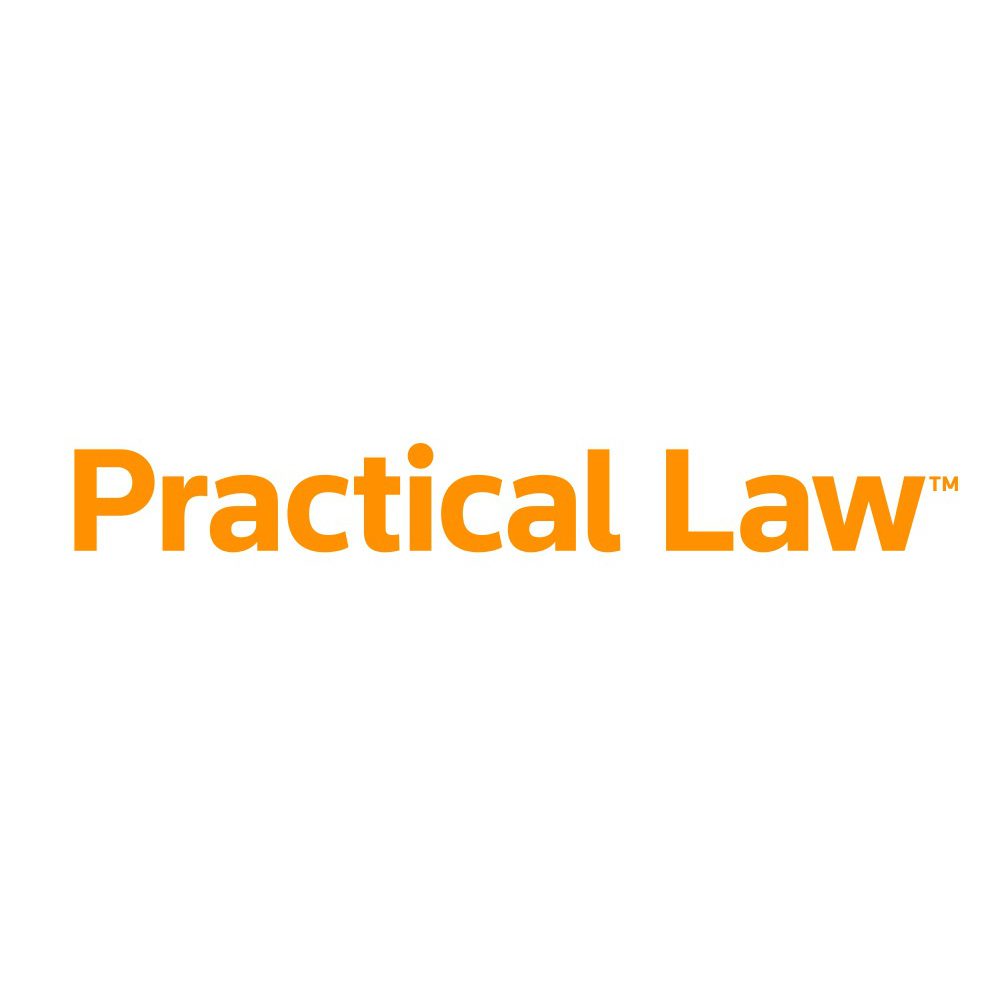Russian Supreme Court will consider sanctioned company’s application for anti-suit injunction against SCC proceedings
Maxim Kulkov (Managing Partner), Maria Ushakova (Paralegal), KK&P
Abstract: In Case No А60-36897/2020, the Deputy Chairman of the Russian Supreme Court issued a ruling, potentially casting doubt on the enforceability of arbitration agreements entered into by sanctioned Russian parties. The approach taken by the Deputy Chairman might lead to Russian courts having exclusive jurisdiction over all disputes with sanctioned entities even where such entities have entered into arbitration agreements.
The Deputy Chairman of the Russian Supreme Court has reversed a ruling of the Russian Supreme Court, refusing a sanctioned claimant’s application for an anti-arbitration injunction and referred the dispute to the Judicial Chamber for Economic Disputes of the Russian Supreme Court.
PESA, a Polish company, commenced arbitration under the SCC Arbitration Rules against Russian JSC “Uraltransmash”, which, in turn, applied to a Russian court for an anti-arbitration injunction against the SCC proceedings referring to recently introduced articles 248.1 and 248.2 of the Commercial Procedure Code (see Legal update, Russian President signs law on exclusive jurisdiction of Russian commercial courts in disputes involving sanctioned Russian entities).
Uraltransmash claimed that as it is subject to US and EU sanctions, the Russian courts have exclusive jurisdiction over the dispute even though it had concluded an arbitration agreement with PESA. However, the courts, including the Supreme Court rejected the application, finding that Uraltransmash had not been deprived of access to justice due to the sanctions and even actively took part in the SCC proceedings (see Legal update, Russian Supreme Court dismisses sanctioned company’s application for anti-suit injunction against SCC proceedings).
However, the Deputy Chairman of the Supreme Court, in her ruling from 21 September 2021, has reversed the Supreme Court Ruling from 28 May 2021, stating that the mere fact that Russian individuals and legal entities have had sanctions imposed on them, is sufficient to conclude that their access to justice has been limited.
Notably, the Deputy Chairman exercises its powers to reverse Supreme Court rulings extremely rarely (less than 1% of all applications rejected by the Supreme Court are reviewed by the Deputy Chairman).
The dispute will be considered by the Supreme Court on 11 November 2021. The court will finally decide whether the mere fact that sanctions have been imposed on a party itself leads to the exclusive jurisdiction of the Russian courts over disputes with such parties or whether it is necessary to prove that a sanctioned party’s access to justice has been restricted.
Case: Case No А60-36897/2020 (Russian Supreme Court) (21 September 2021).
You can find the link to the full text of the article here or download the pdf of the article.
Reproduced from Practical Law Arbitration with the permission of the publishers. For further information visit www.practicallaw.com or call 020 7542 6664.

